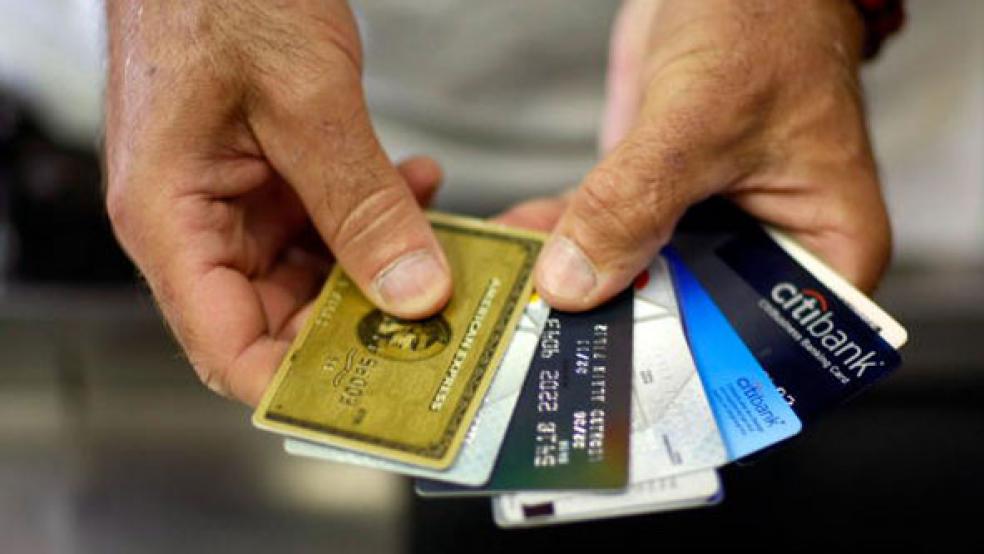General Electric's credit card unit agreed to pay nearly $230 million to resolve allegations that it did not offer some services to Spanish speakers and engaged in other practices that harmed consumers, U.S. authorities said on Thursday.
The unit offered two debt repayment programs to most card holders but not to customers who said they preferred to communicate in Spanish or had an address in Puerto Rico, the U.S. Consumer Financial Protection Bureau and the Justice Department said.
Related: Uninsured Rate Shrinks Fastest for Blacks, Hispanics
U.S. officials said $225 million would go to customers affected by their exclusion from the two programs and by unrelated deceptive practices. The company said it had already offered much of the required help to borrowers.
Federal law bans discrimination based on race, national origin and other characteristics in credit transactions.
"The scope of the potential harm as well as the blatant nature of the discrimination is particularly troublesome," said Jocelyn Samuels, who heads the Justice Department's civil rights division. She said it was the federal government's largest-ever credit card discrimination settlement.
GE has filed to spin off the card unit as a separate company and recently changed its name to Synchrony Financial. It is part of GE Capital, the company's financial services arm.
GE, which neither admitted nor denied the findings, identified the discriminatory conduct itself and reported it to the consumer bureau, spokesman Russell Wilkerson said. It disclosed the investigation in March.
"While our compliance programs are strong, we can always get better," Wilkerson said in an email.
The consumer bureau said the unit separately misrepresented several products that would allow consumers to eliminate some debt in the event of disability or other hardships.
Related: 6 Smart Ways to get Ahead of Rising Interest Rates
Telemarketers unfairly led consumers to think the products were free and failed to tell some borrowers they were not eligible to use the products. The bureau discovered the activity during a December 2012 examination, Director Richard Cordray said.
In total, about 746,000 consumers were affected by the discriminatory and deceptive practices, Cordray said.
In addition to $225 million in consumer relief over the two sets of practices, the company must pay a $3.5 million penalty related to the deceptive marketing activities, the bureau said.




